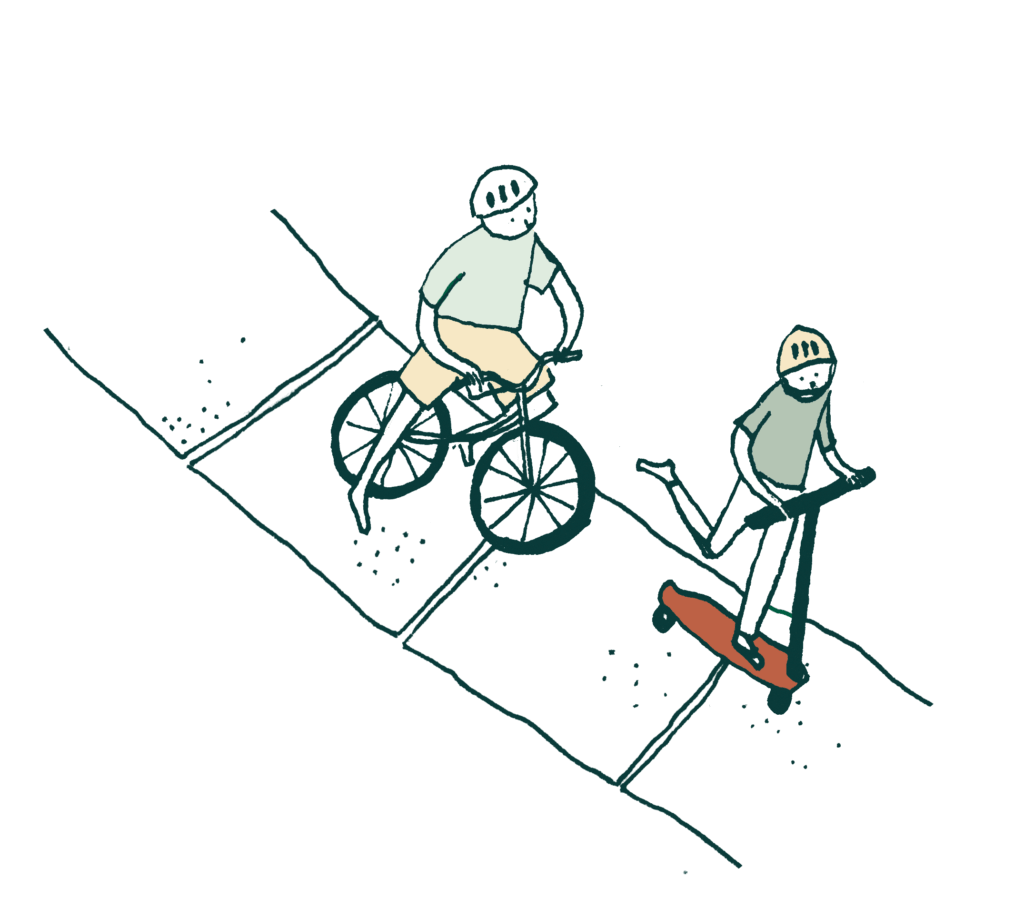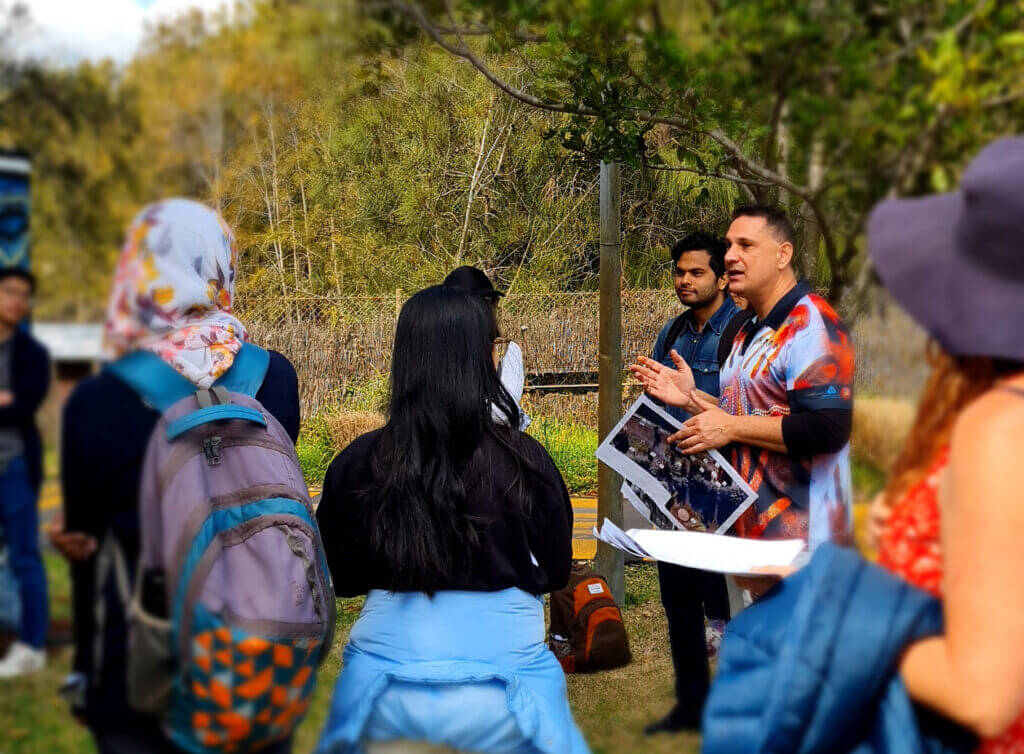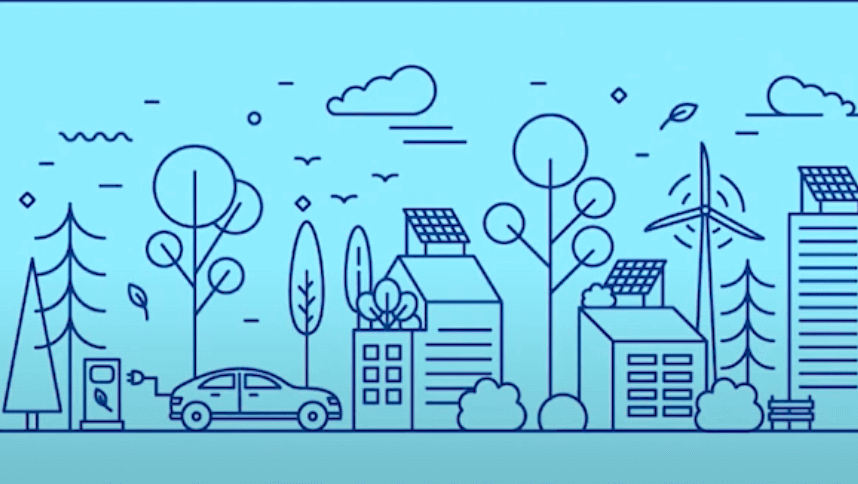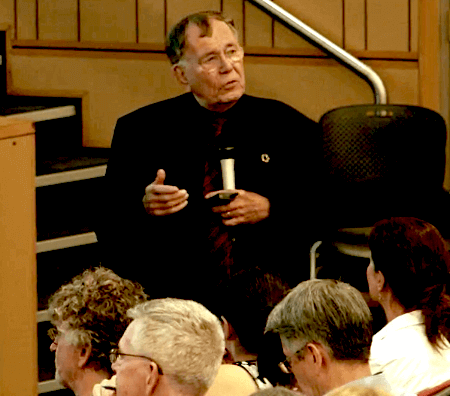Past Event
Speaker Series: Ethan Kent Collaboratory
- a masterclass in collaboration and capacity building

What does it take to 'make the spaces we live, the places we love'? This is a question Ethan Kent, founder of Placemaking X has been asking for more than two decades.
In August 2023 the Power of Public Spaces team had the privilege of hosting Ethan Kent to hear about his experiences advocating for public spaces and supporting placemaking initiatives around the world in a cross government collaboratory. Ethan is one of a network of leaders who, through learning, advocacy and action, are working together to support a global placemaking movement. The event, hosted jointly by Transport for NSW and Macquarie University, comprised an in-person collaboratory masterclass and interactive walk-shop in Parramatta with local project experts.
Watch on demand
Ethan spoke early in the day at length about the re-emergence of people in public spaces globally, as COVID lockdowns ended, and our cities came back to life. His presentation illustrated how to maximise opportunities and managing the challenges of tactical urbanism and community-led placemaking and examples of big results on small budgets.
Through a series of visuals, he noted how downtowns in the USA had become sclerotic over time, and COVID-19 provided an unparalleled set of scenarios which allowed communities to really play with these unchanged, empty spaces that really hadn’t evolved or been shaken up in a generation or two.
Ethan talked about the leadership role of government and that the way we shape our public spaces also changes the way our civic life is shaped. The responsibility of the audience in the room – predominantly government practitioners, academics and urban creatives – is in shaping this civic life in a way that reflects our city’s values and needs and is reflective and inclusive of the community.
He also made the point that we’ve been talking collectively about “liveable” cites and liveable public space for a long time and wanting to elevate the discussion and start talking about “loveable” places. Not just places we can go, but places we want to go.
The PlacemakingX approach
PlacemakingX aims to help reimagine and redesign public spaces to 'make the spaces we live into places we love'. With a focus on collaboration and capacity building, their approach is based on:
- engaging and empowering communities to contribute to creating better places
- maximising the opportunities and managing the challenges of community-led placemaking
- delivering results, even with small budgets.
Ethan says he has learnt more about placemaking in Australia than anywhere, especially the way governments are playing a leadership role. He was involved, over many years, in the placemaking process for Parramatta Square, one of the newest urban public spaces in Sydney and home Phive – the new Parramatta City Council Library, our venue on the day.
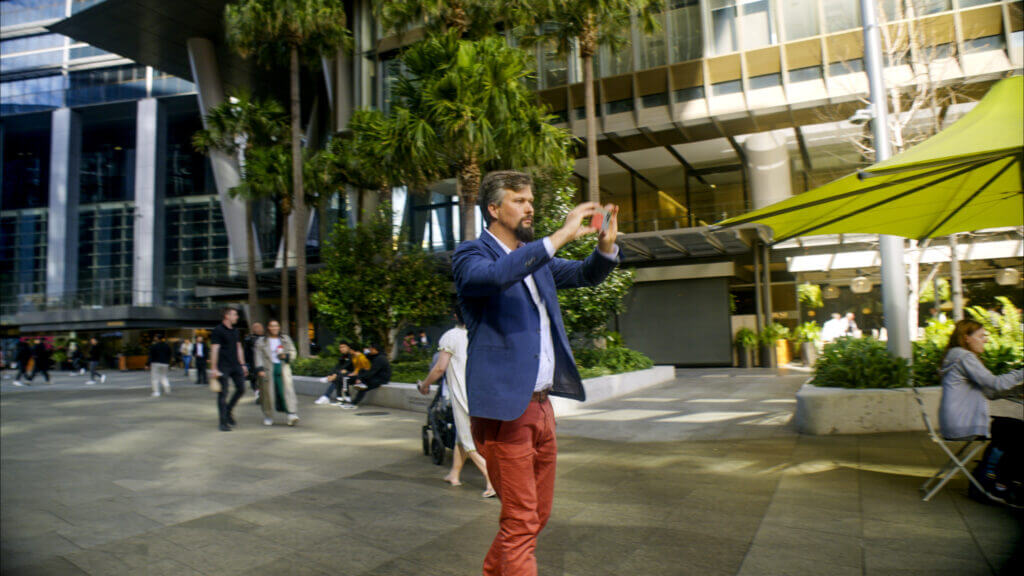
The placemaking process for the area started with doing a lot of short-term activations and engagements in nearby Centenary Square, which built capacity to take on the programming and management of a larger space like Parramatta Square.
"The placemaking process needs to be able to build up, to build a big community of people, of knowledge, of trying things, of experimenting, creating a learning culture of people locally, and then engaging people from the whole region to feel like this space is theirs."
Ethan Kent
PlacemakingX's Power of 10
Parramatta Square also reflects the importance of human scale in the creation of public space. The PlacemakingX team's The Power of 10+, was developed to evaluate and facilitate Placemaking with multiple city scales in mind. The idea behind this concept is that places thrive when users have a range of reasons (10+) to be there.
"Cities succeed or fail at the human scale—the place scale—and this scale is often overlooked. The Power of 10+ shows how paying attention to the human experience when building a city's destinations and districts can have immediate and widespread impacts."
Ethan Kent
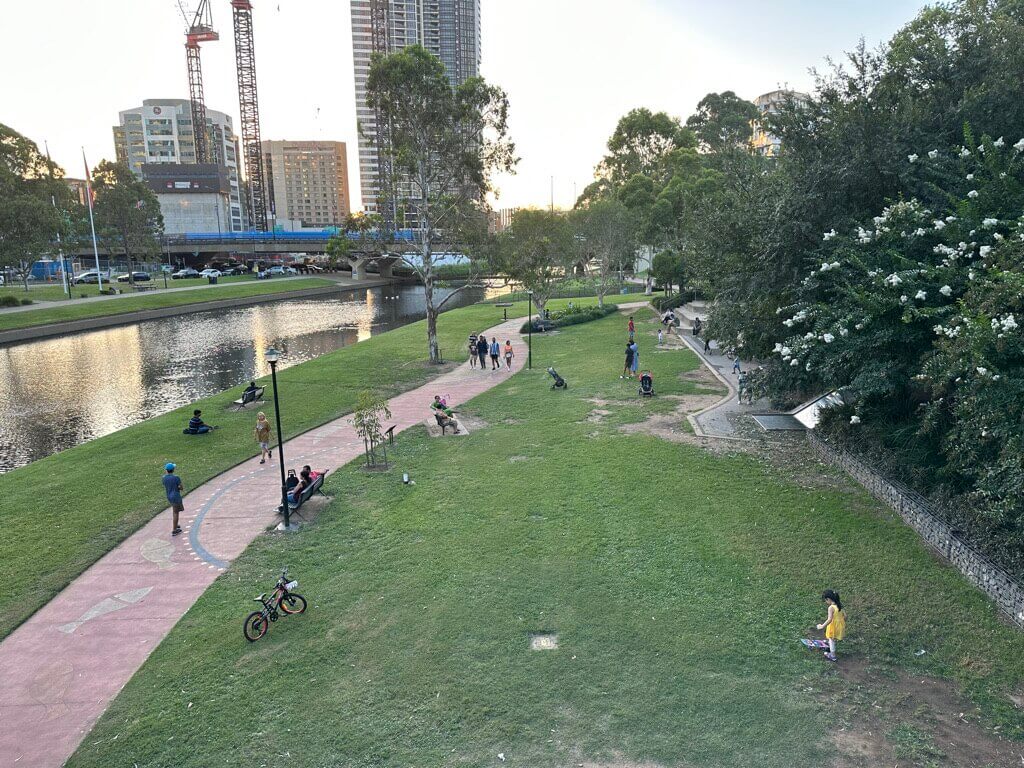
Global lockdowns brought into sharp focus the importance of safe, sustainable and accessible public space for all. Ethan says that, during the pandemic, people in his neighbourhood of Brooklyn in the USA were allowed to self-organise for their streets.
“The city unleashed the power of communities to reclaim their streets in ways we'd hoped for and advocated for, for a long time... We saw that the neighbourhoods that had organised around their shared spaces were the strongest and had the biggest bounce back after the pandemic. They continue to be destinations, not just for their community, but they have drawn people from outside to experience and contribute to them.”
- Ethan Kent
The Masterclass was a great way to engage in a lot of detail on a particular public space, or precinct, and drove home the importance of grassroots involvement and designing for inclusion, and from life, that life on streets is informal, that stories and histories matter. The idea that frictions and debate is healthy if it is constructive and leads to creative outcomes.
That caring for our places is valuable and reciprocal, as is community involvement in governance, putting culture and Country at the heart of our work, and collaborating on solutions to shift what success looks like.
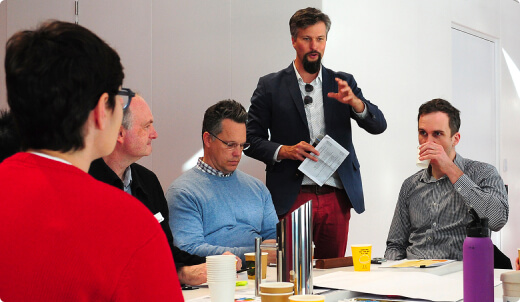
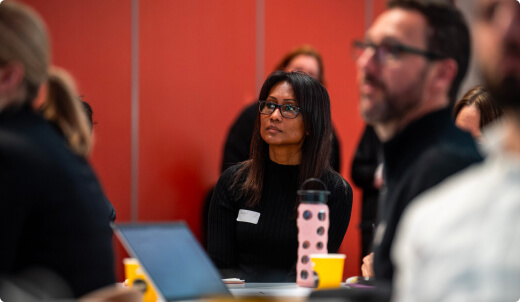
Key take-aways from the day
- There was an acknowledgement of First Nations knowledge and custodianship of as central to any local placemaking.
- The importance of grassroots involvement and designing for inclusion, and from life.
- The idea that friction and debate is healthy if it is constructive and leads to creative outcomes.
- That life on streets is informal, that stories and histories matter.
- That caring for our places is valuable and reciprocal, as is community involvement in governance, putting culture and Country at the heart of our work, and collaborating on solutions to shift what success looks like.
- That it's possible to start with smaller, cheaper initiatives to build capacity. Budget constraints require creative responses.
Connections
Creating quality public spaces that are accessible, safe, and welcoming for all is vital for building resilient, interconnected societies where individuals can thrive collectively.
